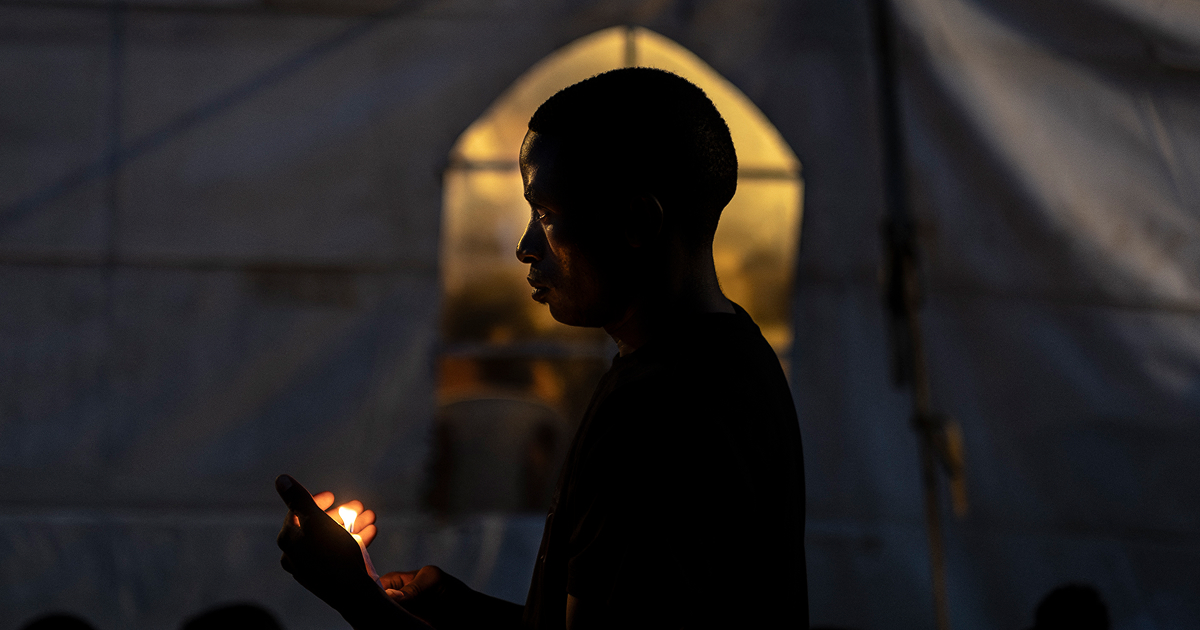Pope Leo XIV has been listed among the 100 most influential people in the world when it comes to Artificial Intelligence, according to Time magazine.
“Silicon Valley faces a formidable – and unexpected – spiritual counterweight,” notes the entry in the famous magazine, which highlights the Pope’s immediate contribution to ongoing debates and concerns around the emergence and continuing development of AI, since he became pontiff, as well as his warnings about the potential impacts on the human race.
Time notes that in his first formal speech as the new leader of 1.4 billion Catholics, the new Pope “addressed those adherents as Pope Leo XIV, a papal name chosen in part to meet a revolution: that of AI”.
The magazine explains how his “name choice is a tribute to Leo XIII, who served during the Industrial Revolution at the close of the 19th century, and railed against the new machine-driven economic systems converting workers into commodities".
It describes how after becoming pontiff, Pope Leo XIV told the world that as artificial intelligence ushers in a “new industrial revolution” there will be a concomitant need for the “defence of human dignity, justice and labour” against the potential ramifications of and changes brought about by AI.
“He’s already making good on his vow,” Time notes, explaining that in June the Vatican hosted a convening on AI, ethics and corporate governance.
Pope Leo’s keynote speech underlined AI’s potential as a force for good, particularly in healthcare and scientific discovery. But the Pope also said that AI “raises troubling questions on its possible repercussions on humanity’s openness to truth and beauty, on our distinctive ability to grasp and process reality”.
He also warned that the technology could be misused for “selfish gain at the expense of others, or worse, to foment conflict and aggression”.
Time recalls how under Pope Francis, the Vatican had pushed for a binding international treaty on artificial intelligence, "sending the world’s tech CEOs into a defensive crouch".
It concludes: “If Leo XIV continues to marshal the world’s Catholics against AI's alienating potential, Silicon Valley faces a formidable – and unexpected – spiritual counterweight."
Photo: Pope Leo XIV speaks during his general audience in the Paul VI Hall in the Vatican, 27 August 2025. (Photo by FILIPPO MONTEFORTE/AFP via Getty Images.)





.jpg)











